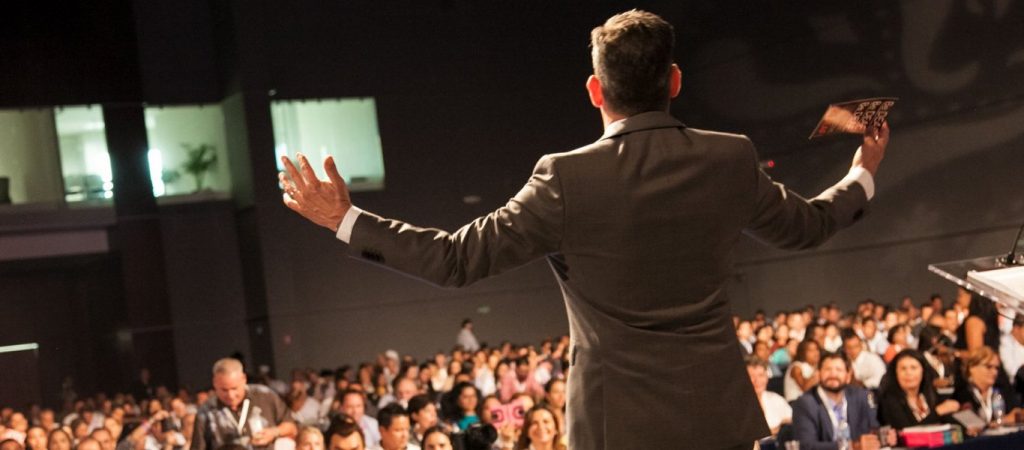A home inspection is a professional evaluation of a property. It’s typically scheduled before the purchase of a new home and conducted by a certified, licensed inspector. Its purpose is to discover anything that could be problematic in the future so both buyers and sellers can be aware of potential issues. It can uncover major problems that might lead to expensive repair bills and even potential foreclosure. Or, it can reveal minor issues that a homeowner might be able to remedy themselves before moving in, saving them from unexpected surprises later on.
A typical home inspection takes about two to three hours for a single-family house. Multi-family homes and co-ops can take longer, as they will have more systems to evaluate. Before the inspector arrives, homeowners should turn on all utilities, clear items that might block their access and remove pets from the premises.
During the home inspection, the inspector will review the foundation; structural components (walls, ceilings and floors); plumbing; heating, ventilation and air conditioning; electrical systems; and the roof. He will look for things like rusty furnace and water heater vents; improperly attached or loose shingles; and cracked mastic around vents, flashing or gutters. He will also check the attic; basement; and, if safe and accessible, crawl space. He will check the basement for moisture, mold and rot; and, if safe to enter, the attic for proper insulation and any signs of leaks.
He will not open walls, but he will note areas where there might be a problem, such as the presence of wood-destroying insects, radon, mold and asbestos. He may recommend specialized inspections for things that he can’t easily inspect, such as a septic tank or hazardous materials.
The inspector will test all the home’s toilets, sinks and bathtubs for function and condition. He will also evaluate the home’s laundry room, ensuring that the dryer is properly vented and not creating a fire hazard. The inspector will also look at the heating and cooling units; he will make sure that they are functioning properly and are in good condition, and he will determine whether or not they are energy efficient.
The inspector will also check the exterior of the home for safety concerns, such as the condition of stairs and railings; operating sprinkler systems; adequate drainage and grading; and the condition of driveways, sidewalks and fences. He will also look at the home’s water and sewage system; he will test the hot water temperature, check all the exposed piping and pipes for leaks, and make sure that there is enough drainage to keep away standing water. In addition, the inspector will evaluate the condition of the home’s fire and carbon monoxide alarms, as well as its smoke detectors.

